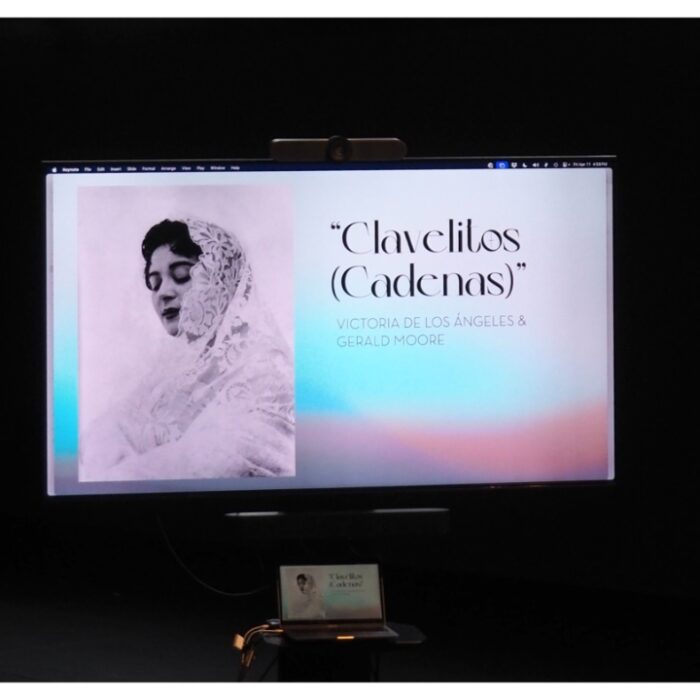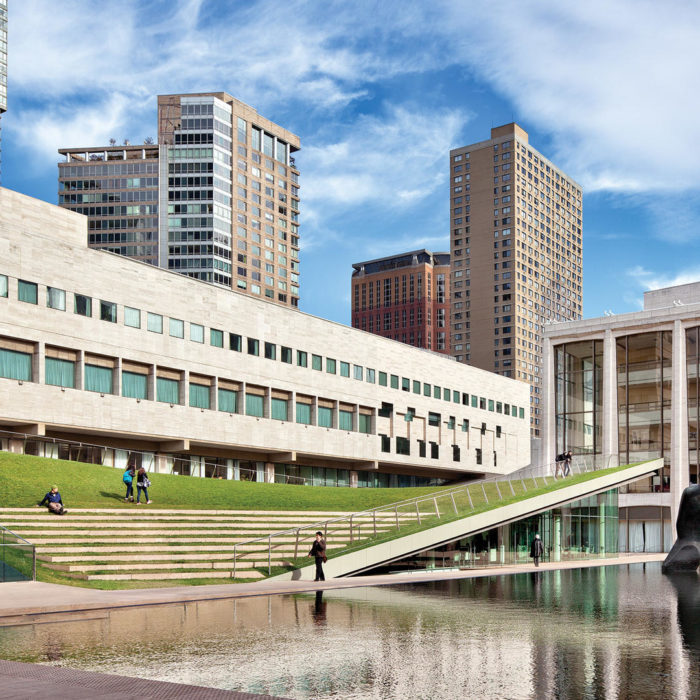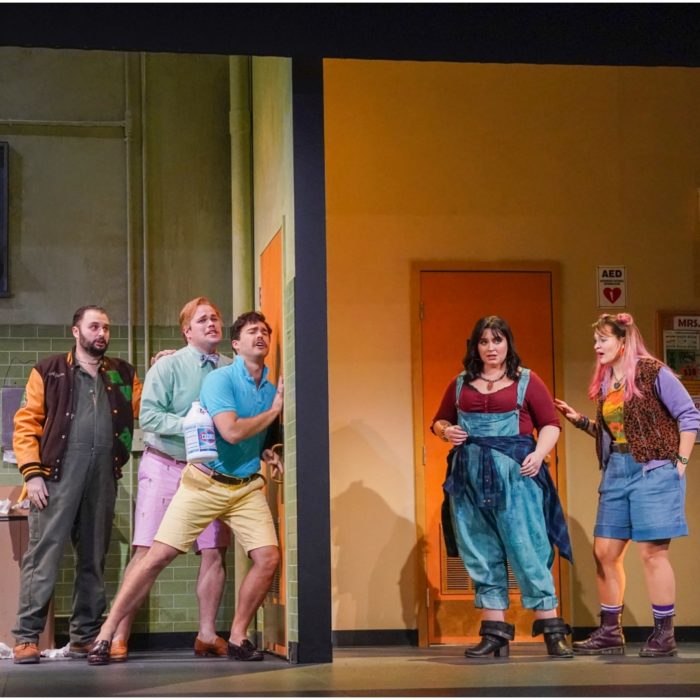
Miguel Alejandro Castillo Le Maitre Emerges as The Juilliard School’s Marcus Directing Fellow
(Credit: Jan Rattia) Miguel Alejandro Castillo Le Maitre emerged as the winner of The Juilliard School’s Marcus Directing Fellowship for 2025-26. Castillo Le Maitre was named one of Dance Magazine’s “25 to Watch” in 2024 and was also a 2025 National Dance Project finalist from the New England Foundation for the Arts. He choreographed and assistant-directed David Lang’s “Prisoner of {…}








